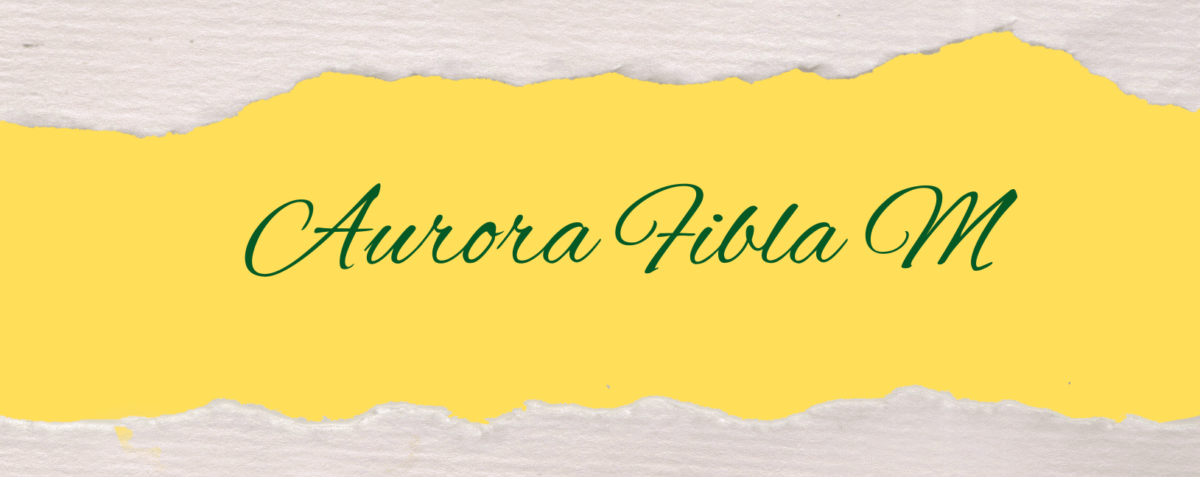Esta publicación también está disponible en: Inglés Francés Portugués, Brasil
Los acentos que sobran y faltan
Esta idea me surgió en los Estados Unidos, donde hablamos el español con diversos acentos, y a veces lo escribimos sin ellos. Donde a veces tenemos que pensar si lo que estamos diciendo a nuestra manera es correcto para otros y si van a entenderlo solo a medias, en el mejor de los casos, o simplemente tergiversado. Eso pasa con nuestro idioma español en Estados Unidos.
Mi experiencia con el español en Estados Unidos
Mi experiencia es como cubana en un medio de educación primaria, rodeada de niños, familiares y maestros de diversos lugares del mundo hispanoamericano y estadounidense. Los acentos y modismos de cada cual me dan todos los días los ejemplos que aquí aparecen. En su momento nos han hecho reír, mirar atónitos ante la confusión o embravecer con los niños que usan sus “malas palabras” como arma para sobresalir en el grupo. ¡Hay de todo como en botica!
Así, con bastante frecuencia me veo preguntando a mis compañeras de trabajo si lo que dije se dice así en el país de donde provienen, y ahí mismo me oigo dando la explicación de cómo se dice en Cuba. En realidad no es que me lo hayan pedido, pero no puedo evitarlo, como no pueda negar que a veces me sienta con limitaciones al hablar.
Los modismos cubanos que me han hecho reflexionar
Esta confrontación diaria con lo que digo y cómo debería decirlo me ha hecho preguntarme: ¿Por qué en Cuba decimos “melón de agua”, “parquear”, y “cake de cumpleaños” y no sandía, estacionar ni pastel de cumpleaños? ¿Será acaso nuestra cercanía geográfica a los Estados Unidos? ¿Serán vestigios de cuando los Estados Unidos estuvieron en Cuba a principios de siglo?
En realidad estamos cerca, pero las relaciones entre los dos países hace tiempo que no son las mejores, por decirlo de alguna manera. El inglés no ha tenido mucha influencia al menos en los últimos sesenta años. Pero entonces, ¿de dónde vienen el melón de agua, el parqueo y el cake de cumpleaños? A causa de las mismas me pregunto si el español en Cuba tiene más influencia del inglés de los Estados Unidos de lo que nos imaginamos. Puede ser. Sin embargo, no estoy segura.
Aún tengo muchas preguntas y no sé si podré responderlas todas. Espero que este blog me ayude a reflexionar, a oír otras experiencias y a compartir ideas. Eso es todo.
Esta publicación también está disponible en: Inglés Francés Portugués, Brasil

The website design looks great—clean, user-friendly, and visually appealing! It definitely has the potential to attract more visitors. Maybe adding even more engaging content (like interactive posts, videos, or expert insights) could take it to the next level. Keep up the good work!
Thank you, I will!